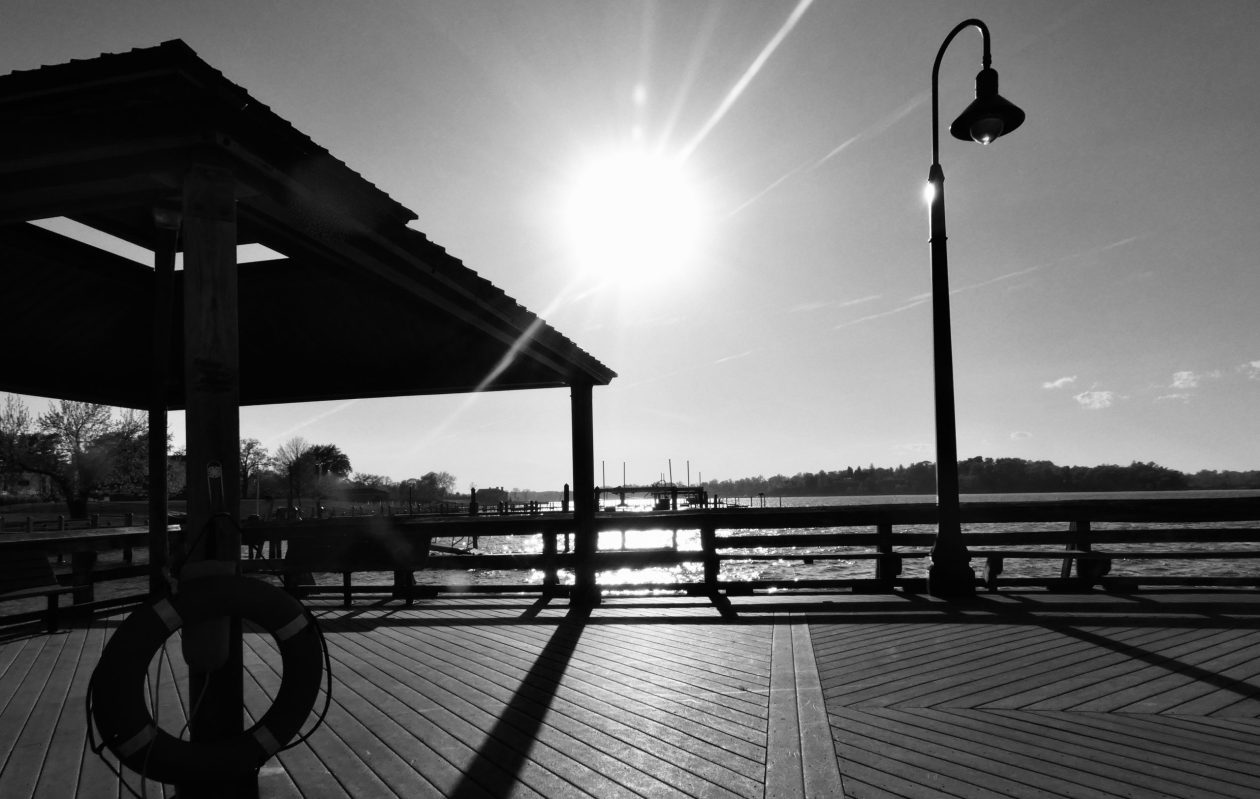A reprise in honor of Martin Luther King Jr. Day of a look back into the hub of the cherished Fair Haven African-American community at Fisk Chapel, which is still standing today …
The Fair Haven Fisk Chapel AME Church is home to many community founders and their families. Its history juts deep into the entrenched roots of Fair Haven life
The modest little place and its humble, welcoming people have a very rich history all their own. A lot of the names and faces are traceable back to the early days of the church, back in the mid-1800s.
So, the Retro Pic(s) of the Day, courtesy of the chapel’s Facebook page, honor some of the faces of those people and the original place itself with a look back at some founding members of the church in the featured photo, the congregation of roughly the year 1949 (above) when segregation still existed, and Fisk himself (below).
Recognize any of these faces and/or names? Many are still proud residents of borough. If not them, their descendants. They are an integral piece of Fair Haven history.
Here’s the history …
The Fisk AME Chapel congregation has been steeped in Fair Haven history since 1858. Named after Civil War hero General Clinton B. Fisk, a “devout Methodist” and champion of civil rights, the first Fisk Chapel in Fair Haven was where Bicentennial Hall now stands. The original refurbished historic building was what is now Bicentennial Hall.
Before that, the congregation had a church on River Road near what is now the Shrewsbury Yacht Club — then dubbed the Bethel AME Church (congregation).
Fisk, a Union officer, ran President Lincoln’s Freedman’s Bureau when the Civil War ended. He championed equal rights laws for African-Americans and education focusing on special courses about those rights. He ended up living in Rumson.
“Soon after the Civil War and his arrival in Rumson, New Jersey, General Clinton B. Fisk became very interested in the local Black community at Fair Haven village,” a narrative on Facebook compiled by Stacy Harris (a descendent of the well-known Rileys and Browns) said. “Many of his servants were Blacks, and Fisk apparently won the admiration and respect of these employees.”
After a fire destroyed the original Bethel church in 1875 and those in the black community, many of whom were some of Fair Haven’s founding fathers, were forced to make their way to Red Bank to worship, Fisk made sure a chapel was built to quell the difficulty of commuting.
Right before the church was built, he was also instrumental in erecting what was a school for black children on Fisk Street. It was known for many years as the Youth Center. After the end of segregation, Youth Center was used for kindergarten.
The upstairs of Youth Center, now dubbed the Fair Haven Community Center, is now the police station, which is slated for demolition in the future to make way for a new station.
The present chapel sits next to it. (Well, there’s a house in between.)
— Elaine Van Develde






You must be logged in to post a comment.